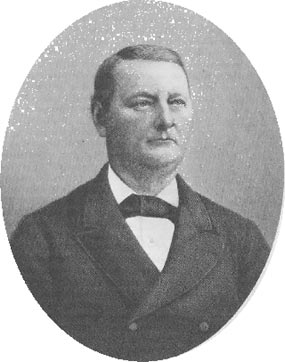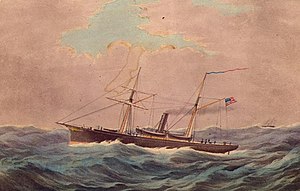View Larger Map
Reports of Col. Daniel Ruggles, commanding Department of Fredericksburg,
Fredericksburg. Va. June 1, 1861
HEADQUARTERS DEPARTMENT OF FREDICKSBURG,
Fredicksburg, Va., June 2, 1861
SIR: I have the honor to state, for the information of the commanding general, that four of the enemy’s armed steamers commenced firing on our batteries at Aquia Creek yesterday morning, at about 9 o’clock and continued until about 4 p.m. On our side nobody was hurt and no material damage was done to our batteries. The enemy gave no indications of an intention to land, but hauled off to the Maryland shore at the close of the action. This demonstration, thus perservered in, I arrived on the field about midday, and returned to this place at night. The batteries were commanded by Captain Lynch and other nalval officers. The conduct of my entire force, under the command of Colonel Bate, of the Walker Legion, until my arrival on the field, was admirable throughout the day. The enemy is represented to have thrown four hundred and ninety-seven shots and shells, and our battery, under Captain Lynch, seventy-five.
Very respectfully, your obedient servant,
DANIEL RUGGLES,
Colonel, Provisional Army, Commanding Forces.
Col. R. S. GARNETT, Adjustant-General Virginia Forces.
P.S.-The colors were cut away from one of the enemy’s ships by a shot from our battery.
Between May 29 and June 1 the Union gunboats Pawnee and Thomas Freeborn fired nearly 700 shots at Confederate batteries at the landing and the nearby ridge commanding the Potomac at Aquia Creek, about ten miles northeast of Fredericksburg. They damaged a railroad track and several houses, but the only casualty on the Confederate side was a chicken. Rebel batteries struck the Pawnee nine times and caused the Thomas Freeborn to take on water. The attack was not without military significance, as the Confederate batteries commanded a river approach to Washington. Removing the batteries along the Potomac would be an early priority for Union planners.















